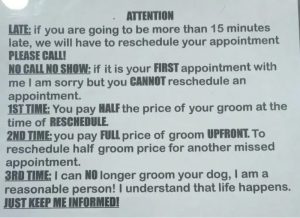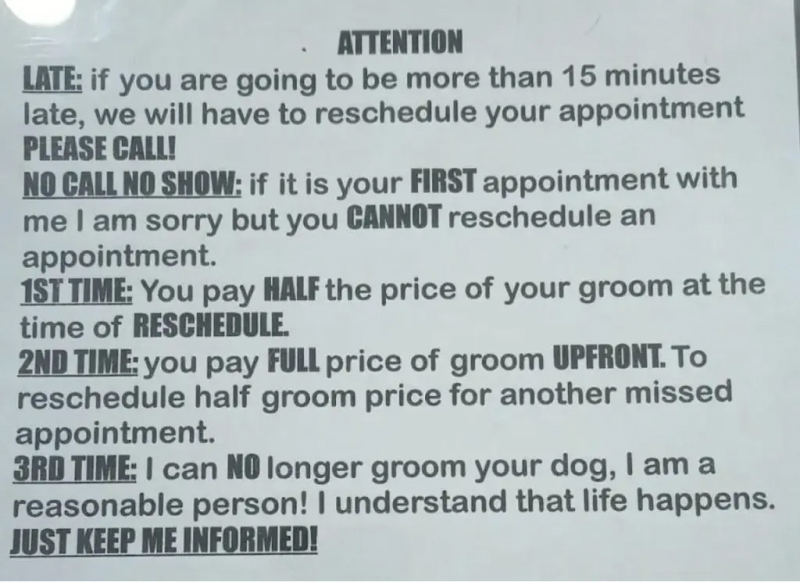Understanding the world of childcare can be complex for both nannies and parents. Becoming an Ofsted registered nanny is a significant step that brings numerous benefits, including credibility and peace of mind. In this blog, we will explore what it means to be an Ofsted registered nanny and the Ofsted registered nanny requirements.
What is Ofsted?
Ofsted stands for the Office for Standards in Education, Children’s Services and Skills. It’s a government body in England responsible for inspecting and regulating services that provide education and skills for learners of all ages, including those that care for children.
What Does Ofsted Do?
- Inspections: Ofsted carries out regular inspections of schools, colleges, childcare providers, and other educational institutions. These inspections assess the quality of education, teaching, and care provided.
- Regulation: Ofsted ensures that childcare providers and other regulated services meet specific quality standards, maintaining high levels of care and education.
- Reporting: After inspections, Ofsted publishes reports detailing the strengths and weaknesses of the inspected institution. These reports are publicly available and provide valuable information for parents and the public.
- Driving Improvement: By highlighting areas for improvement and recognizing good practice, Ofsted aims to raise standards in education and childcare across the UK.
In essence, Ofsted plays a crucial role in maintaining and improving the quality of education and care for children and young people in the UK. This makes being an Ofsted registered nanny a mark of trust and quality, ensuring that nannies meet the highest standards in childcare.
The Benefits of Becoming an Ofsted Registered Nanny
For both nannies and parents, the decision to become an Ofsted registered nanny offers numerous advantages. While nannies are not legally required to register with Ofsted, doing so can significantly enhance their professional standing and appeal to potential employers. Let’s explore the benefits for both parties.
Benefits for Nannies
Professional Recognition: Registering with Ofsted means that a nanny will meet the same requirements as a childminder, although the nanny provides care in the child’s family home. This professional recognition sets them apart from other childcare providers, demonstrating a commitment to high-quality care and adherence to stringent standards.
Increased Employability: Being Ofsted registered can help a nanny stand out from other childcare providers. It shows potential employers that they are serious about their profession and have the necessary qualifications and experience. This can make them more attractive to families seeking reliable and qualified childcare.
Higher Earning Potential: Ofsted registered nannies often have the ability to charge higher rates for their services. Parents are generally willing to pay a premium for the assurance of quality and safety that comes with an Ofsted registration.
Access to Additional Benefits: Being Ofsted registered also allows nannies to access certain benefits such as childcare vouchers and tax-free childcare accounts, which can be an attractive proposition for families looking to save on childcare costs.
Continuous Professional Development: Registration with Ofsted requires nannies to keep their qualifications and training up-to-date. This commitment to ongoing professional development not only enhances their skills but also ensures they are providing the best possible care.
Benefits for Parents
Financial Support: One of the primary benefits for parents is the ability to use childcare vouchers or their Tax-Free Childcare account to help cover the cost of hiring an Ofsted registered nanny. This financial support can make quality childcare more affordable.
Regular Inspections: Ofsted conducts random inspections of registered home childcarers every year. Knowing that their nanny may be chosen for an inspection provides parents with peace of mind that the nanny adheres to high standards of care and safety.
Enhanced Safety and Security: Employing a nanny who is registered with Ofsted ensures that they have undergone rigorous background checks, including a DBS check. This vetting process reassures parents that the nanny is safe and suitable to work with children.
First Aid and Training Requirements: Ofsted registered nannies must have a valid paediatric first aid certificate and complete a childcare training course. This ensures they possess the necessary knowledge and skills to respond effectively to emergencies and provide high-quality care.
Accountability and Trust: By choosing an Ofsted registered nanny, parents can be confident that their child is being cared for by a professional who has been thoroughly vetted and trained. This accountability fosters trust and provides reassurance that their child is in capable hands.
How to Become an Ofsted Registered Nanny: Requirements and Process
Becoming an Ofsted registered nanny may seem tedious, but it is not overly complicated. Here’s a detailed guide on how to become an Ofsted registered nanny and the steps involved in the process.
Requirements to Become an Ofsted Registered Nanny
Five Years of Address History: You need to provide a complete five-year address history. This is part of the vetting process to ensure your background is thoroughly checked.
First Aid Training: When caring for children under the age of 8, you must have a certificate in Paediatric First Aid. This certification ensures you are capable of handling emergencies and providing the necessary care to young children.
Child Protection and Safeguarding Knowledge: You need to have a solid understanding of child protection and safeguarding. This includes being aware of the signs of abuse, Female Genital Mutilation (FGM), and the Prevent Duty (preventing radicalisation). Additionally, you must be familiar with your local referral procedure and know who to contact if you have concerns about a child’s welfare.
Childcare Training: You must have level-2 or above training in childcare or have attended a Common Core Skills & Knowledge training course. This training ensures you have the foundational skills and knowledge required to care for children effectively.
Public Liability Insurance: Obtaining public liability insurance is essential. This insurance protects you in case of accidents or injuries that may occur while you are providing care. It is a requirement for Ofsted registration to ensure that both you and the families you work with are safeguarded against potential liabilities.
DBS Check: A Disclosure and Barring Service (DBS) check is required to ensure that you have no criminal history that would make you unsuitable to work with children. This background check is crucial for maintaining the safety and trust of the families you will be working with.
Waiting Period: After submitting your application, you will need to wait approximately 10 to 12 weeks while Ofsted carries out various checks. This waiting period allows Ofsted to ensure all criteria and background checks are satisfactorily completed.
Ofsted Certificate: You are not officially registered until you receive your printed Ofsted certificate. This certificate confirms that you have met all the requirements and are now an Ofsted registered nanny.
Conclusion
Becoming an Ofsted registered nanny is a valuable step that enhances your professional credibility and provides parents with peace of mind. The process, while detailed, is straightforward and ensures that you meet the highest standards in childcare. By fulfilling the requirements and obtaining your Ofsted registration, you demonstrate your commitment to providing exceptional care and support for children.
For both nannies and parents, understanding the benefits and requirements of being an Ofsted registered nanny is crucial. It ensures that children receive the best possible care in a safe and nurturing environment.
At OneStop Booking, we offer additional resources to help you navigate the process and enhance your childcare services. Our platform is designed to make your life easier and more productive, providing tools for scheduling, communication, and management that streamline your work. Explore our resources and discover how our software can support you in delivering top-quality care. Visit OneStop Booking to learn more and take the next step in your professional journey.
















